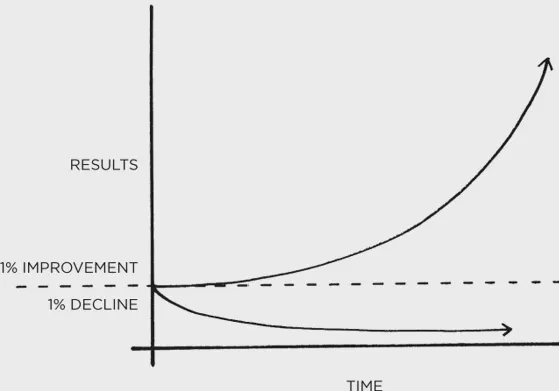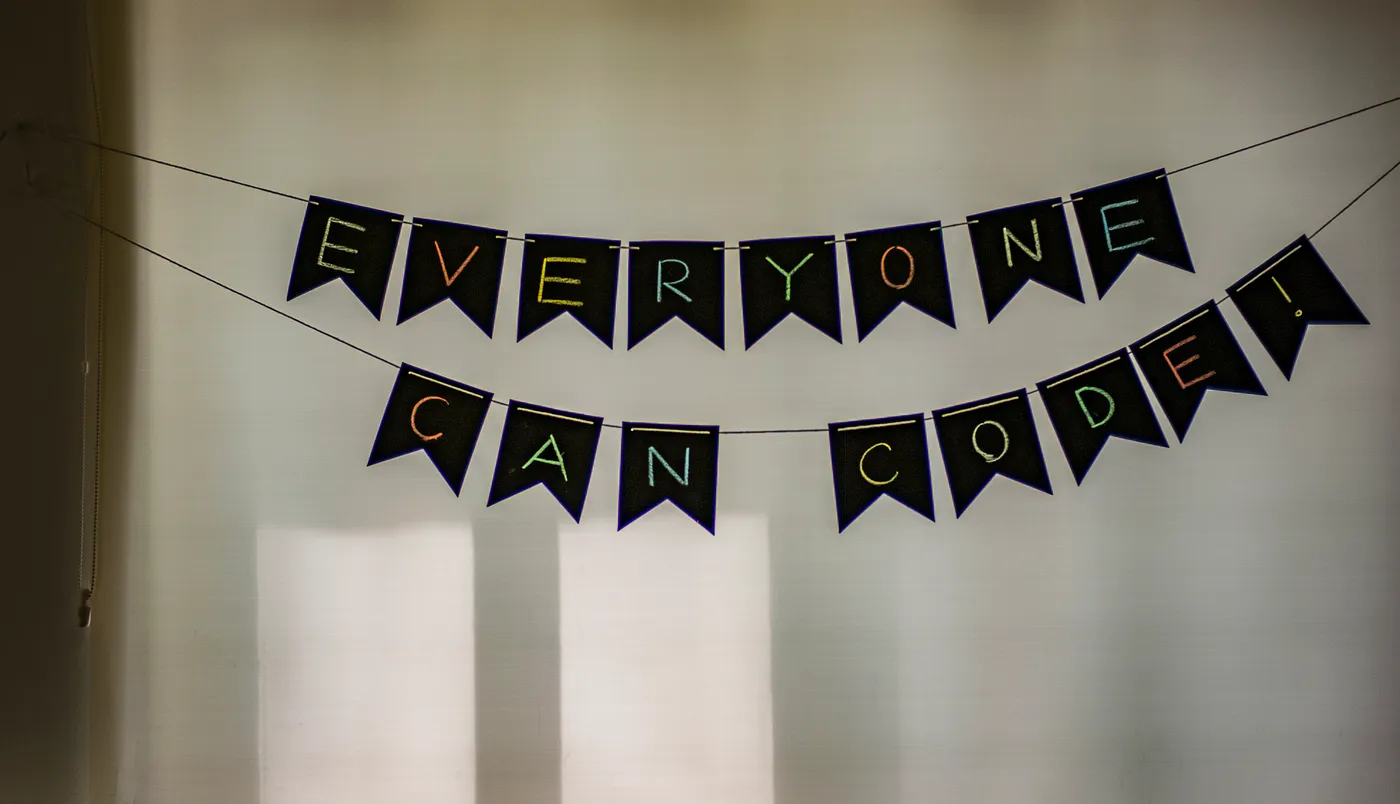I remember when I first started learning programming I was introduced to the C programming language. I didn’t get a hang of it until after a few lessons that was when I started getting glimpses of what was transpiring inside the IDE. But one thing that kept me going? Enthusiasm, dedication and eagerness to learn new things. Of course, prior to that I had learnt some programming, but as compared to what I faced, what I had learnt earlier was very little. By the way, it was in a University setup and this brings me to the next question that I am sure most of you also wonder why it is like that.
WHY DO MOST UNIVERSITIES START WITH THE C OR JAVA LANGUAGES IN THEIR FIRST SEMESTERS?
“…In my own point of view, another benefit of introducing new programmers to low level programming languages is basically what I would refer to as the “Roots of Programming…”
This question popped up into my head when I did a research and discovered that actually most universities introduce their freshmen to either a a low level programming like C language or the Java language in their first semesters, well unless otherwise and there might be a few exceptions but the majority of high learning institutions do that. Well, one of the reasons to this as you might be aware is that, programs that are implemented in low level programming languages are memory efficient and they run fast and most of them can convert to machine code, a language which a computer understand without an interpreter or compiler. Regardless of the reasons to deal with memory and compile time. In my own point of view, another benefit of introducing new programmers to low level programming languages is basically what I would refer to as the “Roots of Programming”. Wait, let me put it this way: If you have ever done Calculus before, have you noticed that calculus II is easier if you have grasped the concepts of Calculus I? Yes, and that is the approach I believe the learning institutions take even if the direction that the learner is taking might have little to do with the C programming language, they decide to give it to them in their first semesters anyway. Although I am not an academician myself, I think this is a good approach . Personally, as the majority of the programmers out there, the first line of code that I wrote was to print out “Hello World” and I know you can guess the language in which it was written. Python. It was an amazing experience running my first line of code. I later went on and learnt a few more coding concepts and syntax of the Python Programming language but it was not until I was introduced to the concepts of the C languages that I accepted the beauty of the Python language. To cut the long story short, Python was build using the C language, so, in order to have a better understanding of the magic that happens in the Python language, you will need to understand what I will refer to as it’s ‘building blocks’, the C language. Yes, I mean the ‘pointers’(the same ones that have made a lot of aspiring software engineers give up on the dream) and all other stuff associated with the C programming language.
WHAT SHOULD I LEARN?
“…The most important thing is to know the fundamentals and then build on that as you dig deeper into what you want to master…”

If you find yourself posed with this question, it is most likely that you know or have ideas on what you want to build or at least have ideas on what kind of a developer you would want to be.
Unlike most other resources or advice you might have found on YouTube or from any other platform where they advice on taking Python as as the first programming l anguage to start with. Well the reason is simple, it is a simple language to learn. Although the goal is to learn a language to help you build what you want to build, my advice would be to first dive into the C programming language or even Java can do. I would highly recommend you to do CS50’s Introduction to Computer Science offered by the Harvard University. After having had mastered the fundamentals of programming, the next thing you can focus on now is mastering the language or the languages that you will need to build what you want to build and accomplish your goals. The most important this is to know the fundamentals and then build on that as you dig deeper into what you want to master.
There are many tools out there that will help you become the kind of a developer that you wish to be.
Is is mobile development? Well, then you can move on to learning Java, Kotlin, Objective-C, Swift, Dart, among others.
Do you want to venture into the game industry? C, C Sharp, C++ or even JavaScript would do and you can also do it with Java(I remember developing a game in Android Studio using the Java Language).
You want to build web applications? HTML and CSS would do for markup and JavaScript would do a good job for it is usually identified as the language of the web, you can also include PHP and MySQL for the backend and you will be able to build awesome applications for the web. After that, you can go on and master other tools, libraries and frameworks which will speed up your development process. Among them includes: React(a JavaScript library developed by developers from Meta, it was then facebook though), Angular, Bootstrap, Tailwind, well, the list is endless.
CONSISTENCY AND DECICATION
“…Learning to code is a compound effect, the small steps in your development build up and by the time you realize, you would have had developed into a very good programmer provided you remain consistent and dedicated to what you are doing…”

Let me end by pointing out the most important thing that will guide you in your learning journey. CONSISTENCY AND DECICATION. To be honest, there will be time when you will feel like you are not doing anything or making any progress, but, trust me you are. Learning to code is a compound effect, the small steps in your development build up and by the time you realise, you would have had developed into a very good progrmmer provided you remain consistent and dedicated to what you are doing. Try as much as you can to dedicate at least an hour of your day to working on your skills and it will eventually pay off in the end
“The only way to learn to code is to code”
Samuel Kapansa
You want to get some tips from me on how I keep myself consistent in my coding journey? Be on the look out for my next article.
Check out this article on Medium
